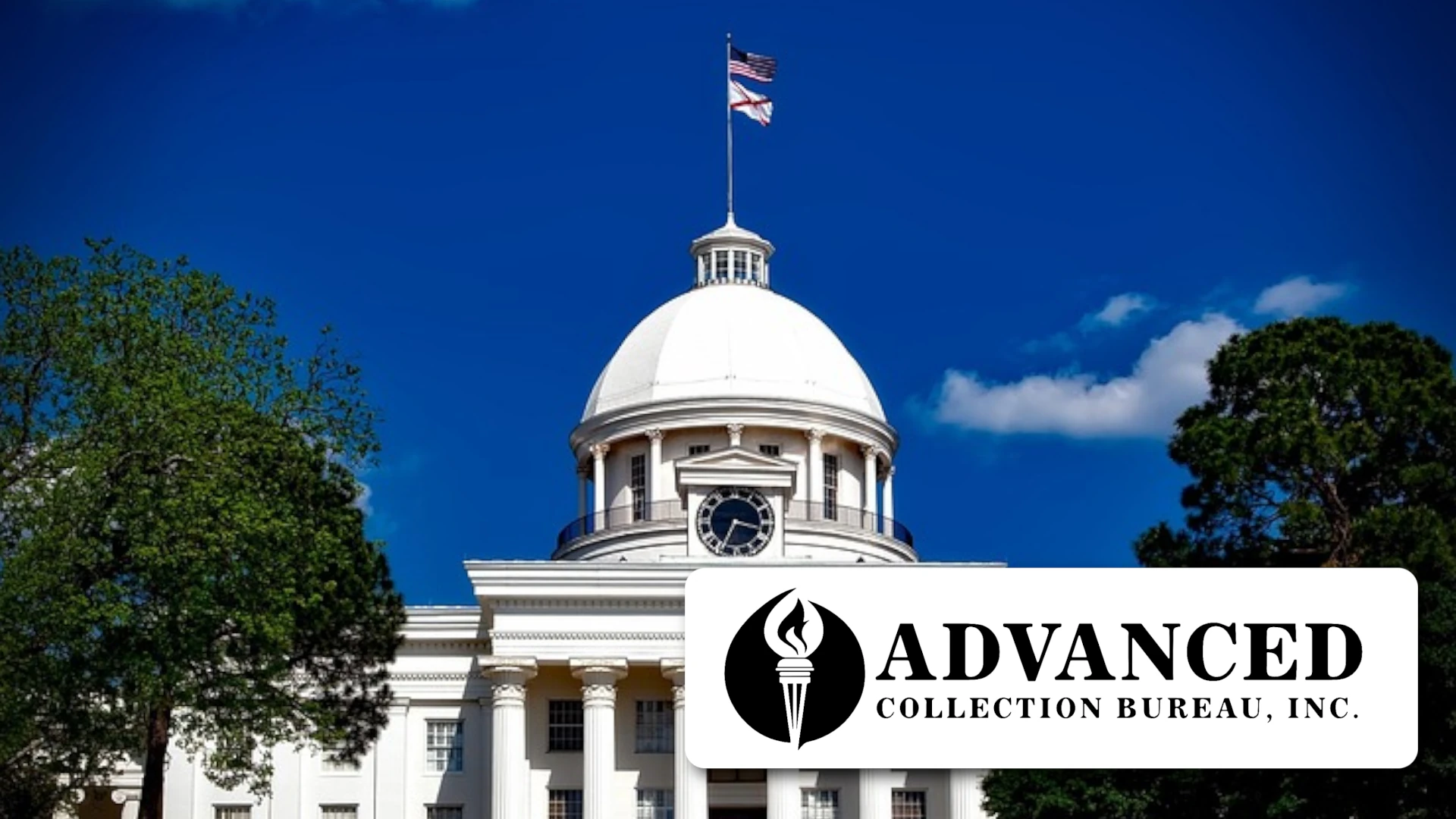Collecting rent from Section 8 tenants can present unique challenges—especially when payments fall behind. While the government typically pays a portion of the rent, the tenant is responsible for the remainder, and that’s where complications often arise. If you’re wondering how to collect unpaid rent from Section 8 tenants, you’re not alone. Many landlords and property managers find themselves in tricky situations when subsidized renters fail to meet their share of the obligation.
At Advanced Collection Bureau (ACB), we’ve helped numerous property owners navigate this process legally, professionally, and effectively. This guide offers a step-by-step approach to recovering unpaid rent from Section 8 tenants while staying compliant with housing laws and maintaining a respectful landlord-tenant relationship.
Understanding the Section 8 Rental Structure
Section 8, also known as the Housing Choice Voucher Program, helps low-income individuals afford housing in the private rental market. The local public housing authority (PHA) pays part of the rent directly to the landlord, and the tenant covers the balance.
Issues typically arise when tenants fail to pay their portion. Landlords are often under the impression that Section 8 rent is guaranteed, but the tenant’s share is not covered by the program and can result in unpaid rent and financial loss.
This dynamic is explored further in The Impact of State and Local Laws on Apartment Debt Collection Practices.
Step 1: Document Everything
Before taking any action, ensure you’ve accurately documented the lease agreement, rent payment history, and the portion paid by Section 8. Keep detailed records of tenant notices, emails, and any communication related to payment.
Accurate records not only support your case during eviction proceedings or collections—they also help you comply with regulations related to subsidized housing.
Learn more about how strong documentation supports collections in The Importance of Accurate Record-Keeping in Apartment Debt Collection.
Step 2: Communicate with the Tenant
In many cases, Section 8 tenants may be unaware that they’re behind on their share of the rent, especially if the amount changes due to income reassessments. Begin with a clear, polite conversation or written notice to explain the amount owed and request payment.
Maintain professionalism and empathy. Abrasive communication can escalate the situation unnecessarily, especially when dealing with vulnerable populations.
This approach aligns with guidance in Maintaining Positive Tenant Relationships During the Debt Collection Process.
Step 3: Notify the Housing Authority
If communication fails, notify the local housing authority. Repeated non-payment by the tenant can jeopardize their participation in the Section 8 program. Most PHAs require that tenants follow lease terms, including timely rent payments, and will document repeated violations.
While the housing authority won’t cover the missed payments, they may intervene to prevent future issues or remove the tenant from the program if non-compliance continues.
Step 4: Begin the Legal Process
If the tenant still doesn’t pay and the housing authority cannot assist, you may have to start the eviction process. Consult an attorney familiar with landlord-tenant laws in your state, particularly those governing subsidized housing.
Remember, landlords cannot evict solely because a tenant is using Section 8, but they can proceed for lease violations such as non-payment. It’s crucial to follow the legal process meticulously to avoid discrimination claims.
We cover legal nuances in eviction scenarios in How to Evict a Tenant Legally and Efficiently.
Step 5: Use a Professional Collection Agency
If the tenant leaves with an unpaid balance, recovery can be difficult without professional help. That’s where ACB comes in. We specialize in recovering debt from former tenants—including those from Section 8 housing—using respectful, compliant practices that get results.
We use advanced skip tracing to locate former tenants, report debts to credit bureaus twice a month, and operate under a no-recovery, no-fee model. With over 25 years of experience, we understand how to navigate the complexities of government-assisted housing collections.
Our customized approach is particularly helpful in challenging situations like these. Learn how we tailor our services in The Benefits of a Customized Debt Recovery Approach for Apartment Communities.
Conclusion: You’re Not Alone in This
While collecting unpaid rent from Section 8 tenants can be frustrating, it’s not impossible. With the right documentation, respectful communication, and a strategic approach, you can recover what you’re owed without violating tenant rights or losing your rental license.
Partnering with a trusted, experienced collection agency like ACB gives you the support, tools, and legal backing needed to pursue unpaid rent with confidence.
Don’t write off your losses. Get expert help recovering unpaid rent from former Section 8 tenants. Work with ACB today.














